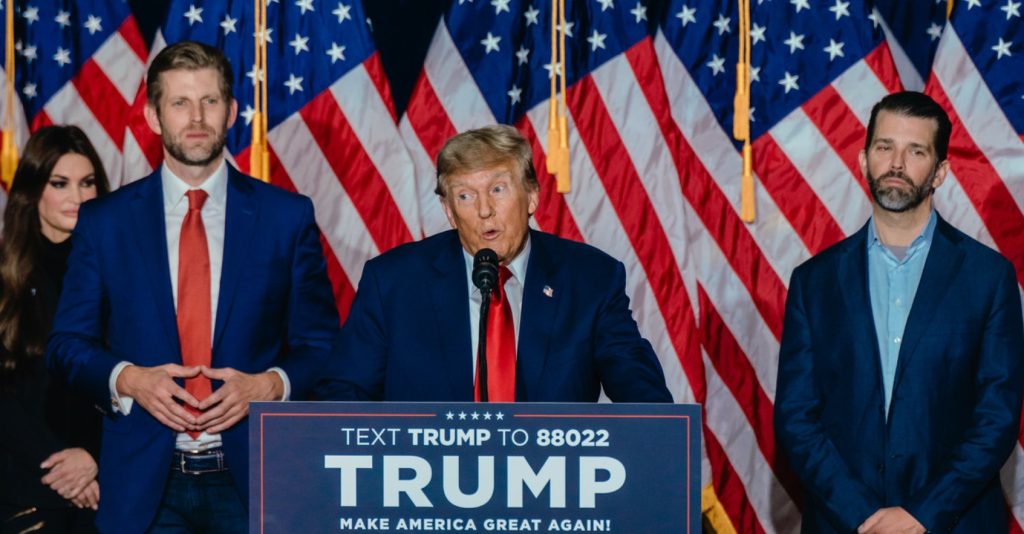
Former President Donald Trump said that if elected he would not allow the Federal Reserve to create a digital dollar, in a potential blow to proponents who say such a move would make the payment system more efficient.
“Tonight, I am also making another promise to protect Americans from government tyranny,” Trump said Wednesday in New Hampshire before the state’s primary election next week. “As your president, I will never allow the creation of a central bank digital currency.”
The Fed has not decided whether to make a fully digital version of the U.S. dollar, though it has been conducting research that suggests such a move would be technologically feasible. Chair Jerome Powell has said the central bank would not take such a step without explicit buy-in from Congress and the executive branch.
The prospect of a digital dollar that is available to the public has become increasingly politically toxic.
Florida Gov. Ron DeSantis, one of Trump’s opponents in the primary, has vocally opposed establishing a central bank digital currency, going so far as to preemptively ban them in his state. He has warned that the federal government could someday use a digital dollar to surveil how Americans spend, in line with how China has been using its own nascent central bank digital currency.
Fed officials have not settled on how exactly a CBDC would be designed, though they said in a 2021 paper that they are envisioning a token that would be held in digital wallets run by banks or other regulated financial firms, rather than allowing ordinary Americans to have deposits directly at the central bank. That proposal suggested that banks themselves would retain responsibility for safeguarding transaction information, with the same sort of requirements to report suspicious payments under anti-monetary laundering rules.
“Protecting consumer privacy is critical,” the Fed said in that paper. “Any [central bank digital currency] would need to strike an appropriate balance, however, between safeguarding the privacy rights of consumers and affording the transparency necessary to deter criminal activity.”
It’s also possible that a digital dollar would be created only for payments between banks to, for example, reduce the costs of transactions across borders.
























